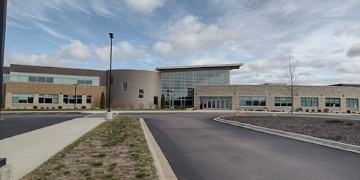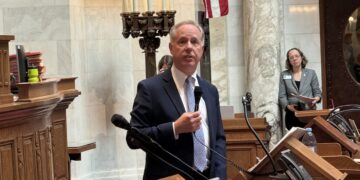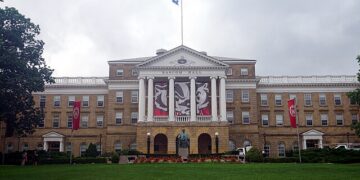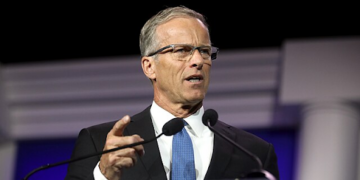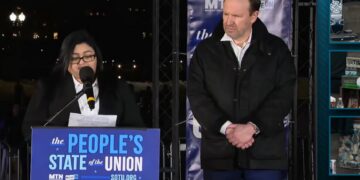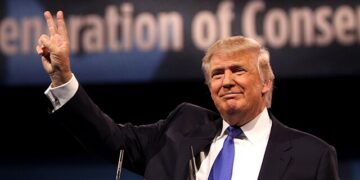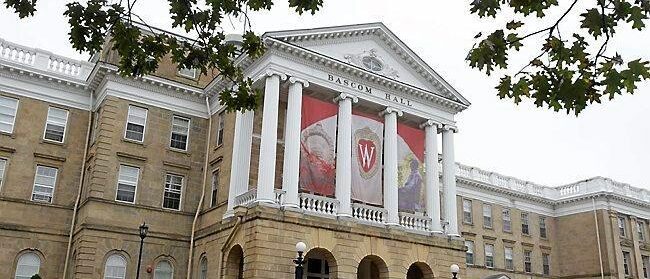Amid controversy over foreign students and employees in United States higher education, a recent report raised questions over the opaque data the Universities of Wisconsin released regarding foreign nationals employed by the university system.
According to Wisconsin Right Now, UW has nearly 500 foreign nationals employed under the H-1B visa system. These employees’ salaries total nearly $43 million annually.
The school did not release the names of those individuals, citing “privacy interests of individuals.” However, in some cases, the school redacted the title of some H-1B visa holders. Others were listed as Assistant Professor, Associate Professor, Lecturer, and a number of research-related positions.
The H-1B visa program enables U.S. employers to temporarily employ foreign workers in specialized fields that necessitate both theoretical and practical expertise, along with a bachelor’s degree (or its equivalent) in a directly related discipline. According to the U.S. Citizenship and Immigration Services (USCIS), these roles are categorized as “specialty occupations.”
Specialty occupations under the H-1B program include architecture, engineering, mathematics, physical and social sciences, medicine, education, business, accounting, law, theology, and the arts.
The program faces bipartisan scrutiny, prompting calls for increased oversight. In 2024, 400,000 H-1B visas were approved, doubling the number from 2020. The Pew Research Center reports that rejection rates declined under the Biden administration.
It’s unclear if qualified American citizens applied for or were denied positions at the Universities of Wisconsin. The university system hasn’t disclosed the names of its H-1B visa holders, so it was impossible to independently evaluate their qualifications, research contributions, or hiring decisions. This raises questions about public scrutiny and stewardship of taxpayer dollars, especially regarding the qualifications of H-1B visa holders.
Foreign nationals are becoming increasingly relevant to the UW systej, and not just as employees. According to the school system, more than 10,000 students, both undergraduate and graduate, are enrolled. This comes as the number of Wisconsinites enrolled has been steadily dropping since 2007.
The increasing number of foreign students in American higher education has resulted in calls to reform the program, citing national security and foreign policy concerns. According to the Institute of International Education, 1.1 million foreign nationals are in the United States as students.
Simon Hankinson, a Senior Research Fellow at The Heritage Foundation, argues foreign students are “cash cows” for schools and the money they bring “have nothing to do with the purpose of higher education.”
The rising number of foreign students is serving as financial lifelines for many smaller, poorer, and less well-known schools that fear closure if student visas are restricted. However, the student visa program should refocus and become more selective, that the United States should not be encouraging the education of students from “hostile competitor” nations like China, according to Hankinson.
The recent arrest of a Chinese national employed as a researcher by the University of Michigan highlights the serious issues raised by such an open and easily accessible higher education system. 33-year-old Yunqing Jian was arrested after attempting to smuggle a dangerous fungus into the United States. The pathogen “commonly affects wheat, barley, maize, and rice, and is responsible for billions of dollars in economic losses worldwide each year” according to the Department of Justice. Jian’s boyfriend was studying the same pathogen in China, and she had reportedly been funded by the Communist Chinese government for the same research.
Longer Blurb – A new report highlights concerns over transparency at the Universities of Wisconsin, which employ nearly 500 foreign nationals under H-1B visas, with $43 million in salaries. The university redacted names and some job titles, raising accountability issues. Amid growing reliance on foreign students and workers, critics cite national security and economic concerns. Calls for reform intensified after a Chinese researcher was arrested for smuggling a dangerous pathogen, spotlighting vulnerabilities in U.S. higher education’s openness to foreign nationals.
Social Media – Nearly 500 foreign nationals are employed by the UW system. Their names and, in some cases, job titles were redacted in response to an open records request.

